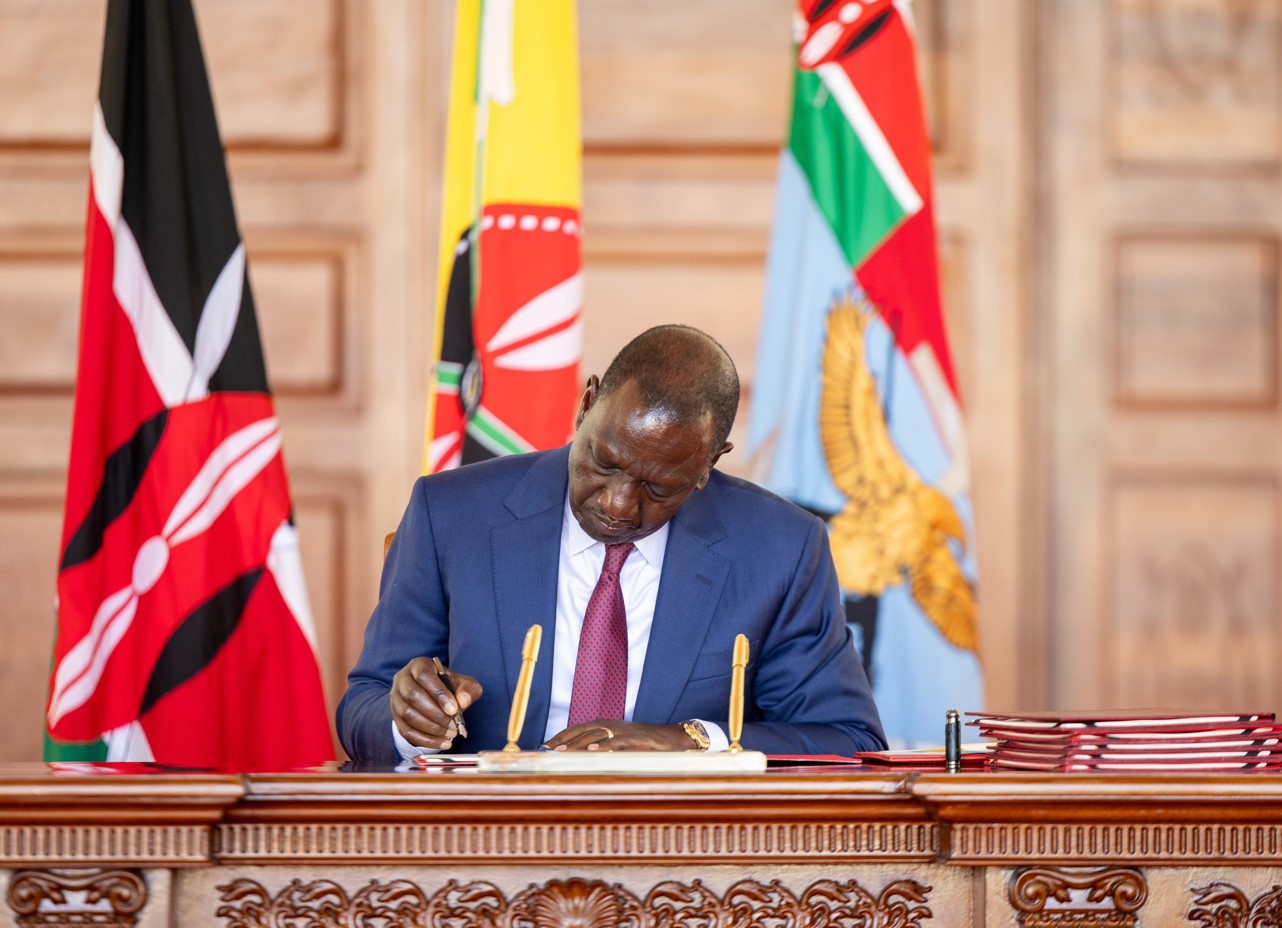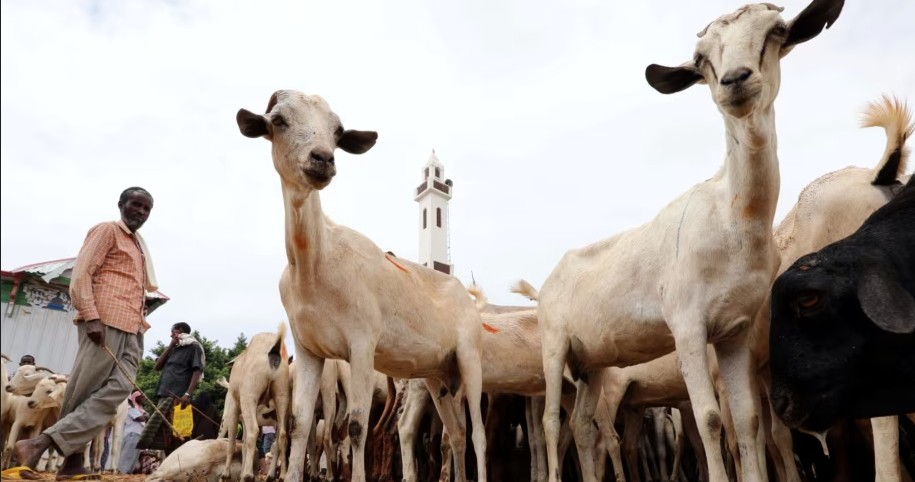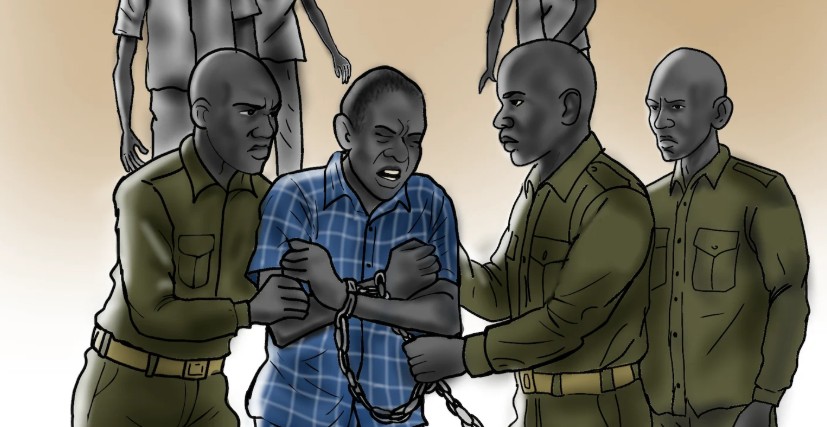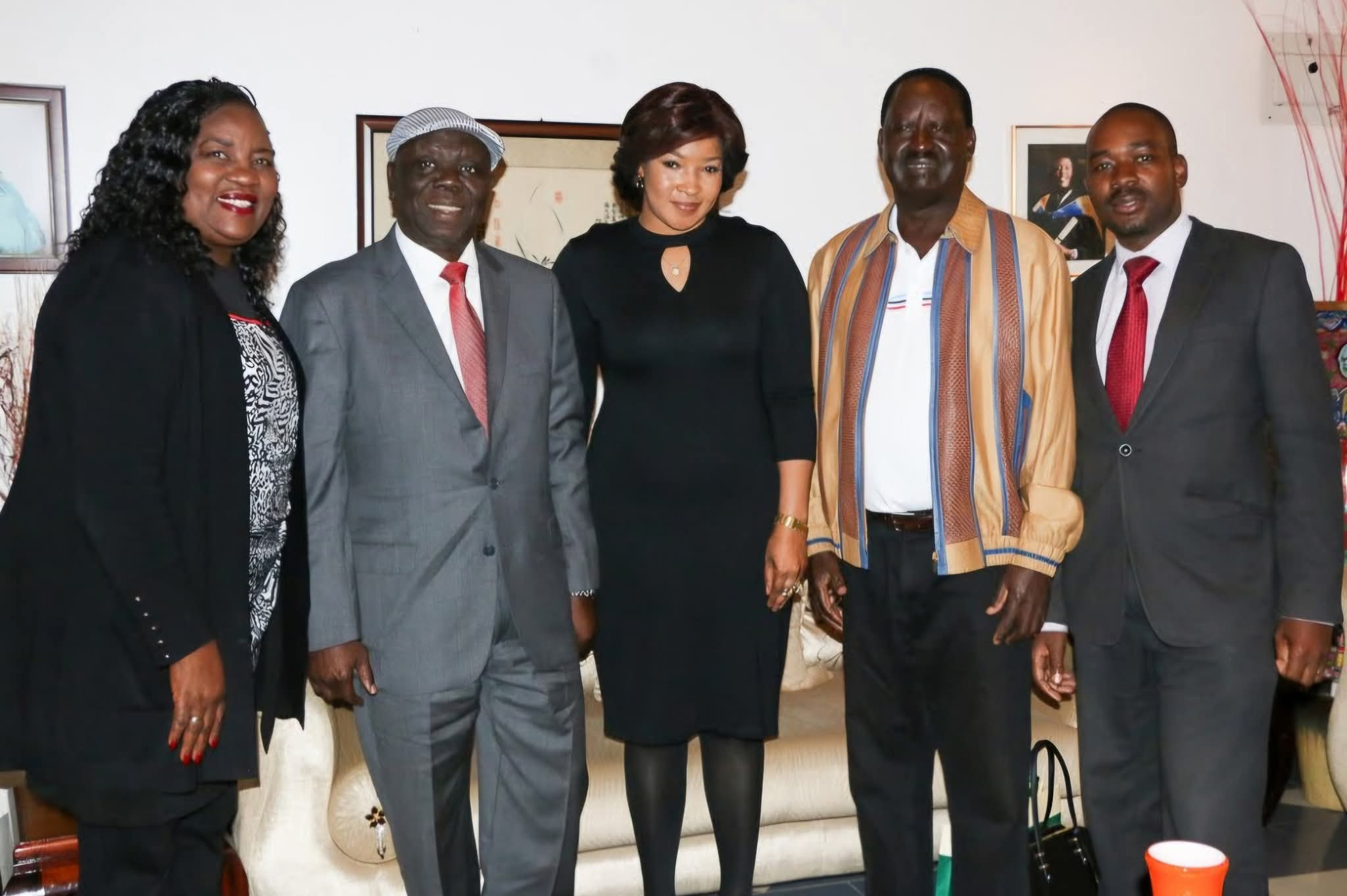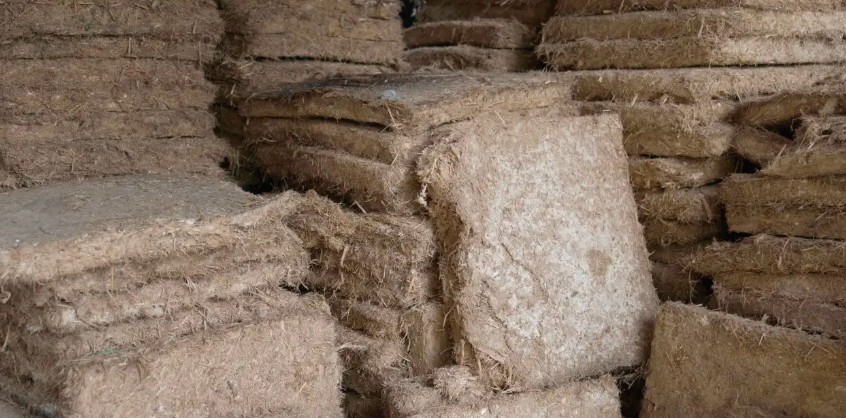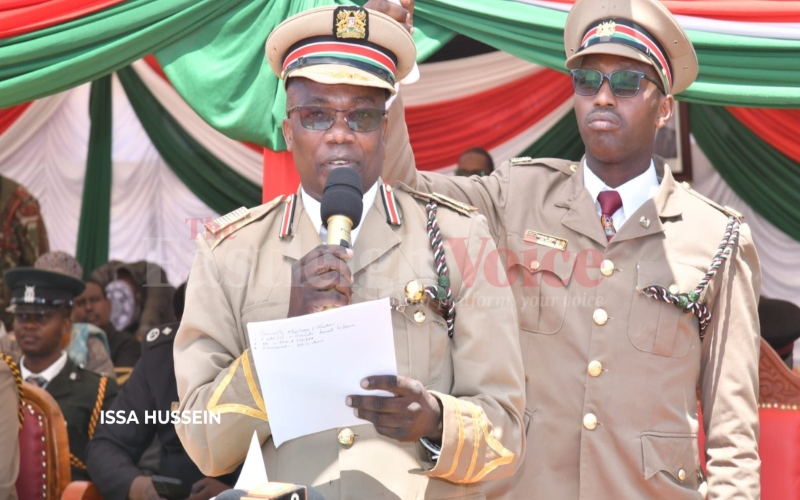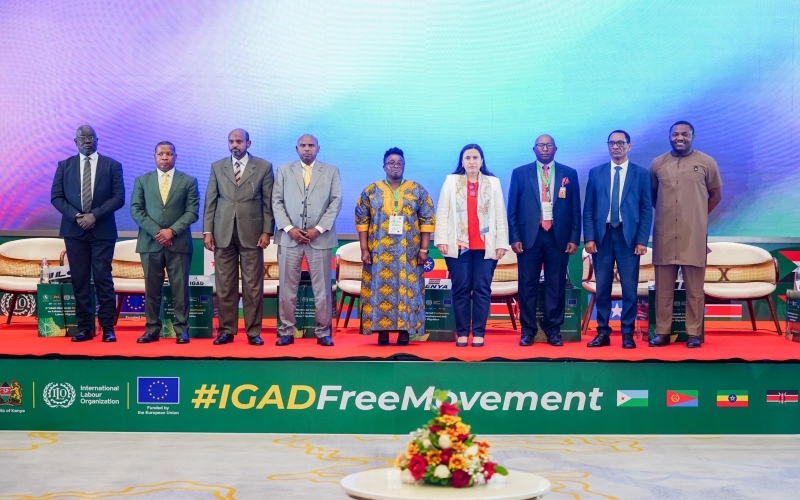How Lamu County has strategised to curb land grabbing, selling of ancestral land to outsiders
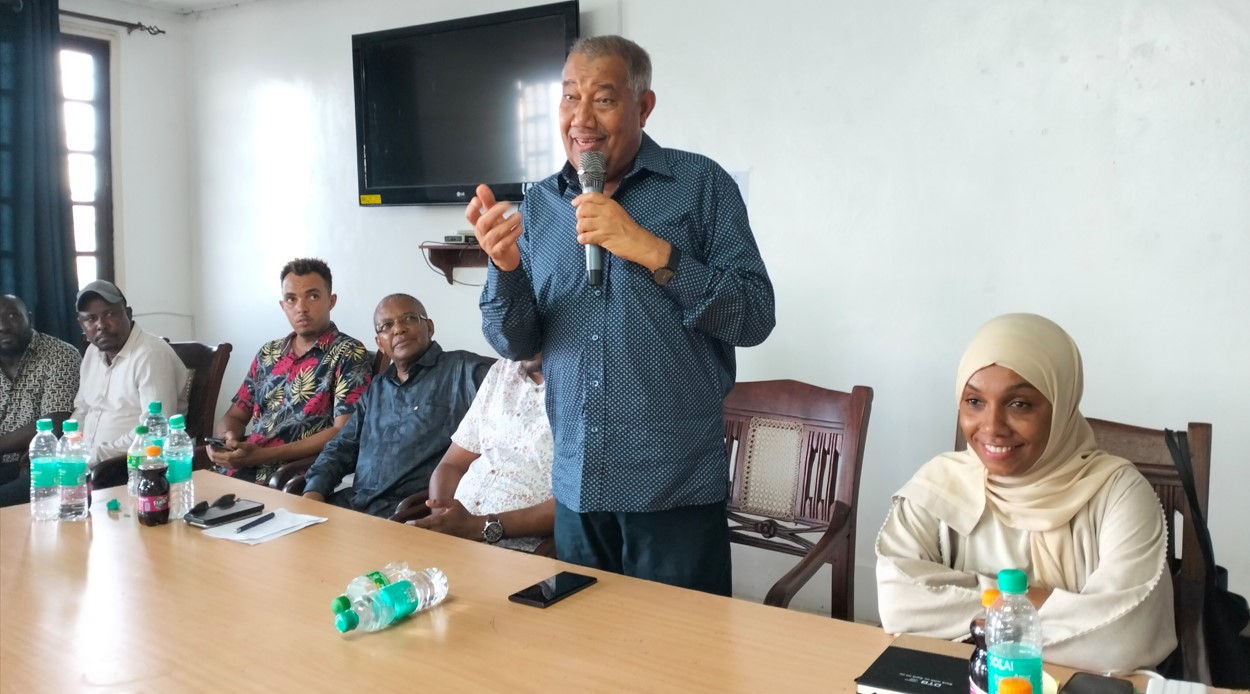
Timamy said the time has come for all the remaining public lands in Lamu to be registered under the community land registration formula.
The Lamu County government has initiated plans to completely end the grabbing of ancestral lands. The move is also meant to fight the ever-growing number of squatters and increased land-related squabbles in the county.
Governor Issa Timamy says his administration has opted to prioritise community land registration, a decision he believes will greatly help secure the indigenous Lamu people’s future.
More To Read
- Lamu becomes first county to introduce digital mental health training
- Lamu family cries for justice as fisherman is abducted from home in Kiunga
- Lamu County turns to solar as widespread blackouts disrupt daily life
- Lamu’s King Fahd Hospital makes history with first laparoscopic kidney cancer surgery
- Lamu residents to benefit as county opens eye unit, upgrades referral hospital
- Concerns over slow pace of community land registration in Kenya
Speaking when he met the residents of Rubu and Mwambore in Lamu East, Timamy stressed that with the growing interest in carbon credit projects and other land-based investments in the region, unregistered community lands are at a higher risk of being exploited by external actors.
Rubu and Mwambore residents are among the first internally displaced persons (IDPs) in the country following the 1964 Shifta war that led to the dissolution of at least ten villages in Lamu East.
The other villages are Ishakani, Kiunga, Simambaye, Mvundeni, Ashuwei, Matironi, Mkokoni, Vumbe, Saadani, Kiangwe, Ndhununi, and Bodhei.
Locals here were forced to find alternative settlements, a situation which rendered the majority of them squatters in their current places of residence.
Up to date, their ancestral lands are classified as public lands and have never been demarcated or surveyed.
Uncontrolled selling of land
Timamy said the time has come for all the remaining public lands in Lamu to be registered under the community land registration formula, terming it as a sure bet to prevent the uncontrolled selling off of ancestral lands.
He cited scenarios where the county has issued individual title deeds for lands in various parts of Lamu only for them to be sold off to people from outside at throwaway prices.
He appealed to the residents, especially the Bajuni natives, to accept and embrace the community land registration proposal.
Timamy insisted that such kind of land registration legally recognises and protects the communities’ rights to their lands by ensuring that any development projects are carried out with their free, prior, and informed permission.
“As the governor, my plan before my tenure ends is to have all remaining public lands safeguarded for the betterment of our communities. That’s why we’re engaging you as the community. Let’s be in agreement and have our respective lands registered as community lands with a common community title deed,” said Timamy.
He said his administration was working with land surveyors and the National Land Commission (NLC) to ensure collective title deeds are issued for all respective community lands instead of giving locals individual title deeds.
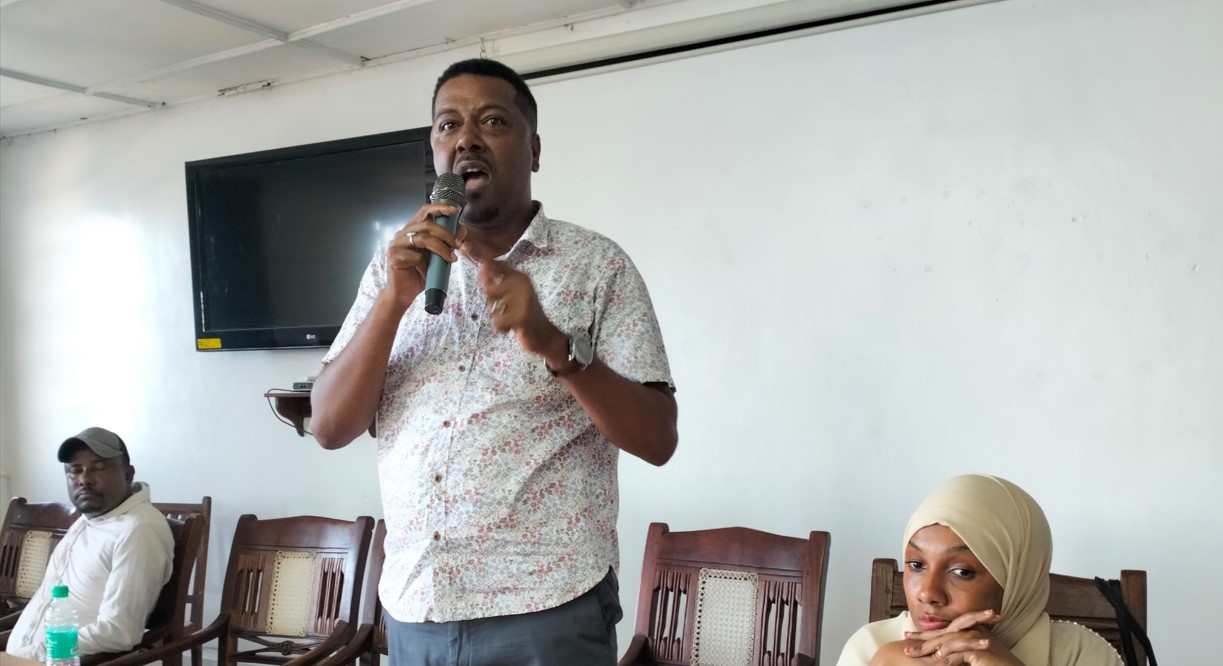 Kiunga Ward MCA Mohamed Bwana. He said the issuance of collective community land title deeds will help protect ancestral lands. (Photo: Farhiya Hussein)
Kiunga Ward MCA Mohamed Bwana. He said the issuance of collective community land title deeds will help protect ancestral lands. (Photo: Farhiya Hussein)
Squatter problems
“Individual title deeds make it easy for residents to sell off their lands and increase the squatter problems in Lamu. There have been trends by locals who have ended up selling their lands to buy muguka and miraa shortly after they’re given individual title deeds,” said Timamy.
“We won’t allow any pressure by those individuals demanding respective title deeds since that will have a negative impact in the future. We issued individual title deeds to Boni people in Bar’goni and other areas in previous years and as we speak, those lands have already been sold off to outsiders. That’s unfortunate.”
Kiunga Ward MCA Mohamed Bwana said with projects like the Lamu Port, the region has witnessed an increased number of land buyers.
Bwana noted that it is very easy for people to take advantage of individually owned lands compared to when such lands are owned collectively.
“How would you feel if your future generations became squatters on their own ancestral lands due to the mistakes their fathers will make now? We need to protect our lands at all costs and that’s why I advise you to remain united and accept the county government’s decision to have the remaining public lands issued with collective community titles,” said Bwana.
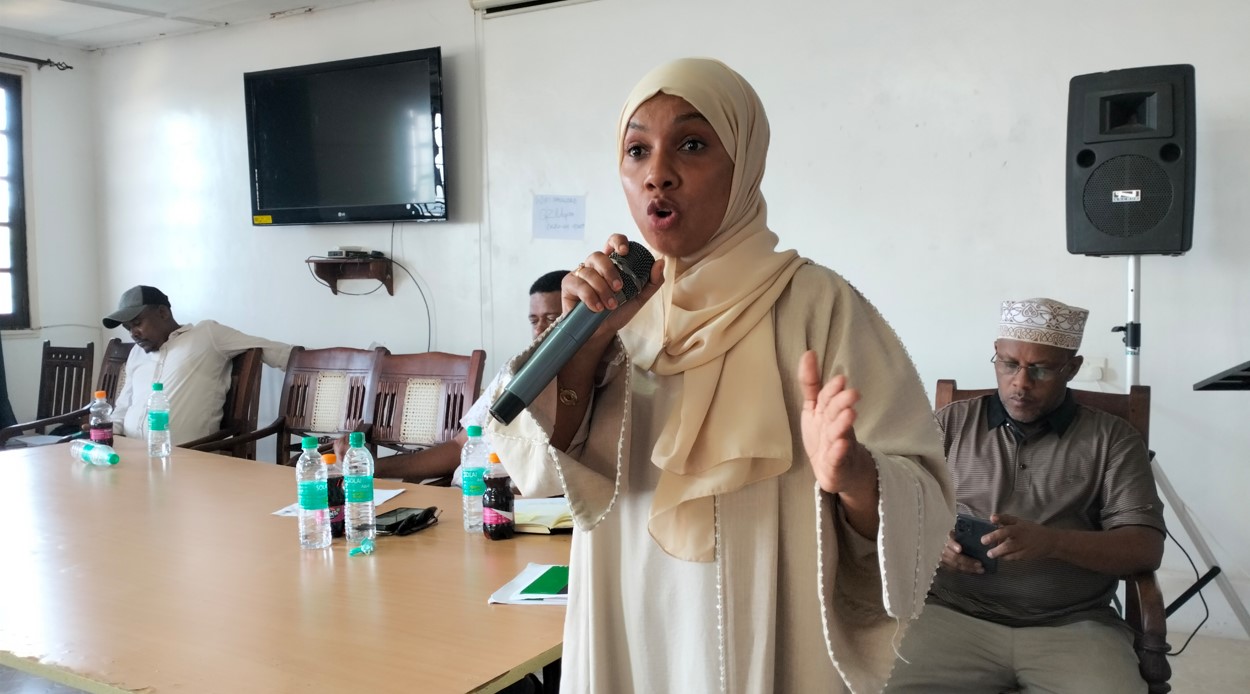
Lamu County Lands Executive Tashrifa Bakari. She urged residents to support the issuance of collective community title deeds. (Photo: Farhiya Hussein)Lamu County Lands Executive Tashrifa Bakari warned the native communities of the high number of grabbers eyeing their lands and urged them to resist them.
Bakari termed the lands as a source of livelihood and a critical part of the communities’ cultural heritage.
However, she said the lack of formal land registration has often left communities vulnerable to land grabbing, conflicts, and missed opportunities for sustainable development.
She called on the communities to cooperate with the county government, the NLC and other stakeholders to ensure their lands are surveyed, demarcated and issued with documents.
“As a county government and NLC, we shall play our role in facilitating the process, but you as the communities must take the lead. We’re looking forward to a collective effort from you. Let’s be united and organise ourselves by ensuring we submit our land registration applications as a team to the relevant authorities to enable us to get those collective titles as soon as possible,” said Bakari.
A resident, Muhashiam Famau, supported the community land registration decision, adding that it will subsequently help to achieve sustainable development and protect their rights as local communities.
“I believe in community land registration. No one will have the authority to sell off portions of the land without the consent of others. By securing our land rights, we can engage in land-use planning, natural resource management and other development initiatives that align with our values and aspirations as a community,” said Famau.
Amina Amin, another resident, expressed satisfaction that community land registration and issuance of a collective community title deed can, in turn, attract responsible investments and partnerships that benefit both the concerned communities and the county.
“We welcome the move. Unregistered community lands are always subject to illegal taking, resulting in disputes, relocation, and loss of livelihoods. Without established land rights, we as the community might be viewed as anti-development or disorganised, further marginalising us in decision-making processes,” said Amina.
Top Stories Today
